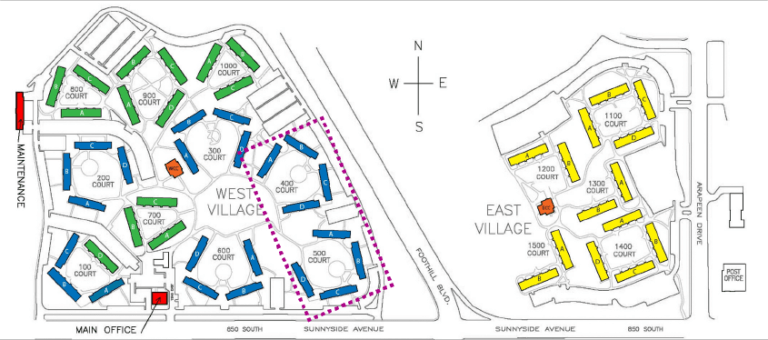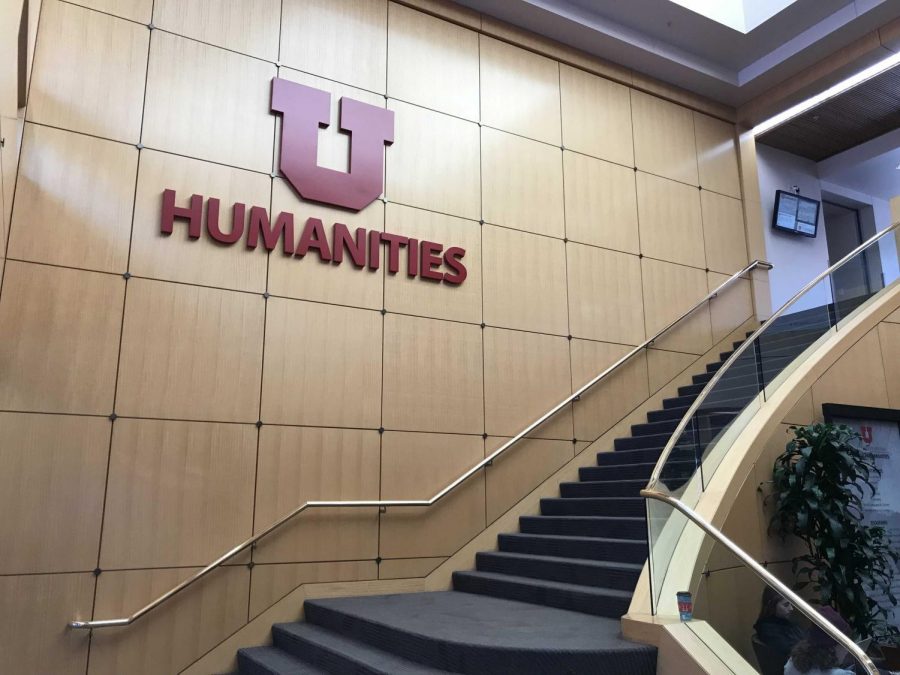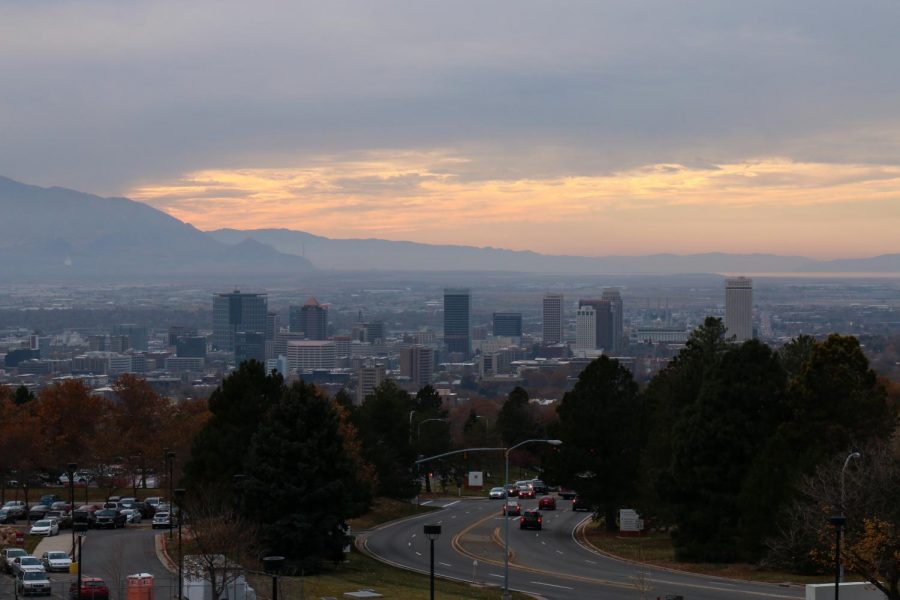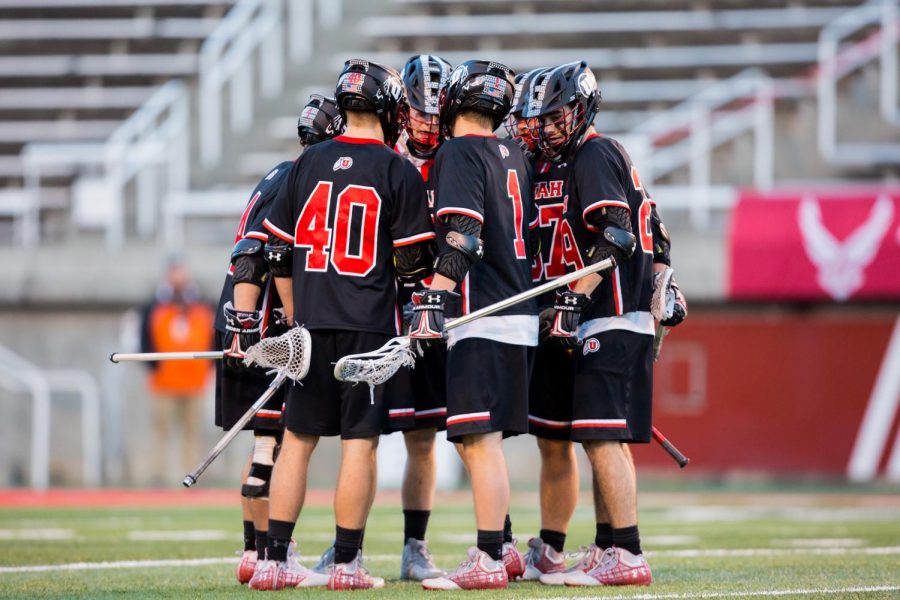Two Courts Demolished at U’s West Village, Make Way for New Plans
Location of the West Village Housing Replacement Project inside of the West Village. (Photo Courtesy of University of Utah Planning, Design and Construction)
July 18, 2021
The 400 and 500 courts have been demolished at the University of Utah’s West Village graduate student and family housing.
“They had certainly outlived their life as far as being able to provide housing that was adequate for students and up to the university standards,” said PR and Communications Specialist Wes Mangum.
Tenants were given an advanced notice letting them know the project was coming up.
“We gave them about seven months’ notice. We closed and demolished 104 apartments out of that 1100 and we moved anyone that needed a unit in the Village to another apartment,” said Director of Auxillary Services Jennifer Reed.
Phased closures are expected to continue over the next eight years or until the project is complete.
“We can’t close 900 apartments at once,” Reed said. “There aren’t 900 apartments in the market that can accept these people right now. We’re trying to be mindful of students, doing this in a phased way.”
Re-building the Villages has been under consideration for many years.
“We have some buildings that were built in 1960 and 61 and some in 1970 and 71, and so we’re looking at 60 year buildings that haven’t had any major refurbishment since they were put in the ground,” Reed said.
According to Reed, after seeing increasing failure in the courts in the past five years, there has been more motivation to rebuild.
“We are responding to daily reactive maintenance related to plumbing and electrical,” Reed says. “We have regular water main breaks here and then residents have to run their water for a lengthy period of time to get the orange silt that comes through the old pipes.”
In addition to daily plumbing clogs, people were also regularly tripping the breakers.
“We don’t have appropriate voltage to the Village,” Reed said. “If someone in one apartment is using a microwave and iron and someone maybe tries to turn on the dryer, the power goes out.”
The university is trying to keep rent reasonable for the conditions of the property.
“We’ve tried to keep rent low, well below market, too,” Reed said. “To not overcharge for a product that doesn’t meet market standards.”
The U considered a public-private partnership, where the university works with a private investor to complete the project, but ultimately decided to self-fund and self-operate the project.
As a result, the university has applied for a bond from the legislature.
“We went to the legislature this last spring to get approval to bond for approximately $126 million and we are in the midst right now of an RFP with DFCM,” Reed said.
Magnum said they will have their design and construction team selected by August 2021.
With reconstruction, the U is moving away from the open lawn and park-like atmospheres.
“It reached a point where they had just reached the end of their life and it would make more sense to construct new housing projects that offered better amenities, higher density to fit with the growing student population and to stay within this site that’s so vital to campus,” Mangum says.
Reed said all new facilities will meet seismic code, as that is one of the largest risks.
“It is our goal that we will not demolish the medical towers until a new graduate building has been built,” Reed said.
The West Village is a part of a large phased project that includes East Village and Medical Plaza. Construction on the West Village is expected to start in the fall of 2021 and finish in the fall of 2023.
According to Mangum, the Village housing project ties in with the university’s goal of student success.
“To provide students on campus with the opportunity to gain an education, to experience life on campus and to make an impact in our community, our state, and the global community going forward,” Mangum said. “We are excited to be a part of that commitment to student excellence.”












